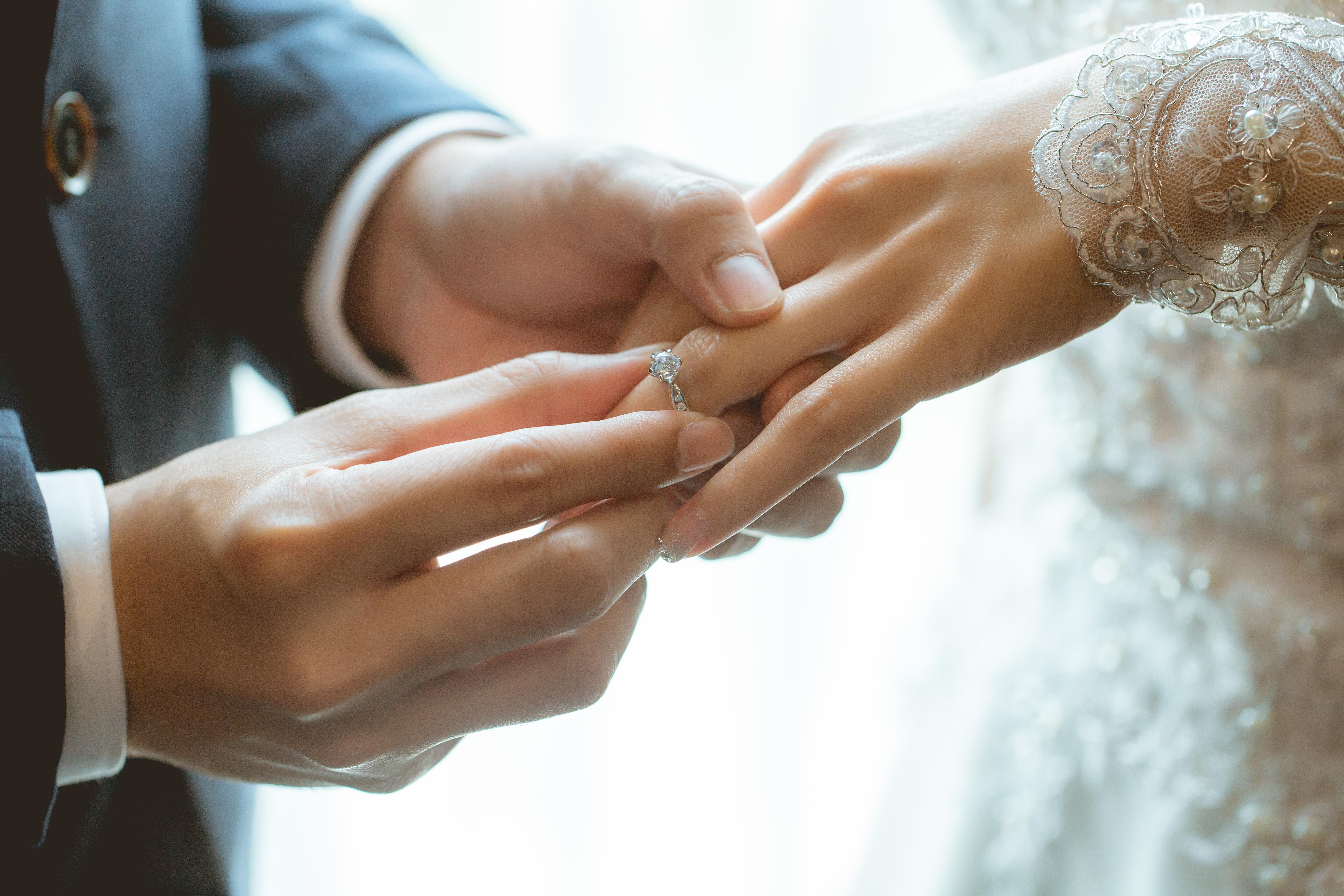The Role of Marriage in Contemporary Societies: A Global Perspective

Marriage, family structures, and gender roles have been fundamental components of societies around the world for centuries. However, as cultural, economic, and social dynamics evolve globally, so do perceptions and practices related to marriage and family life. This article explores the significant shifts occurring globally in how marriage is viewed and practiced, how family roles are changing, and what these changes mean for gender roles across different societies.
Changing Definitions of Marriage
Traditionally, marriage has often been defined as a union between a man and a woman primarily for procreation and economic alliance. Today, many countries recognize various forms of partnerships including same-sex marriages and civil unions. These changes reflect broader movements toward inclusivity and human rights recognition worldwide. This evolution also challenges long-held religious or cultural norms surrounding marriage.
Evolving Family Structures
Family structures are diversifying beyond the conventional nuclear model to include single-parent families, cohabiting couples without formal marriage, blended families from previous relationships, and communal living arrangements. Factors such as increased urbanization, women’s labor force participation, delayed childbearing ages, and migration contribute to these varied family compositions.
Gender Roles within Families are Shifting
Global shifts are also evident in gender roles within families. There is a growing trend toward more egalitarian relationships where domestic responsibilities and decision-making duties are shared between partners regardless of gender. This transition is influenced by greater educational opportunities for women and increased advocacy for gender equality.
Impact of Globalization on Marriage Norms
Globalization facilitates cross-cultural exchanges which impact local customs about marriage. Exposure to diverse lifestyles through media or migration can lead communities to reconsider traditional practices related to dowries or arranged marriages. Conversely, globalization sometimes sparks conservative backlashes aiming to preserve cultural identity.
Future Perspectives on Marriage & Family Dynamics
Looking ahead, it is likely that flexibility will characterize future marital arrangements with continued acceptance of diverse partnerships reflecting individual choice rather than societal pressure alone. Policies supporting work-life balance alongside legal protections for all forms of families will be essential in adapting institutions accordingly.
In summary, marriage continues to play an important role in contemporary societies but is simultaneously undergoing profound transformations fueled by changing attitudes towards gender equality and family diversity worldwide. Understanding these global shifts helps us appreciate the complexity behind personal relationships today.
This text was generated using a large language model, and select text has been reviewed and moderated for purposes such as readability.











